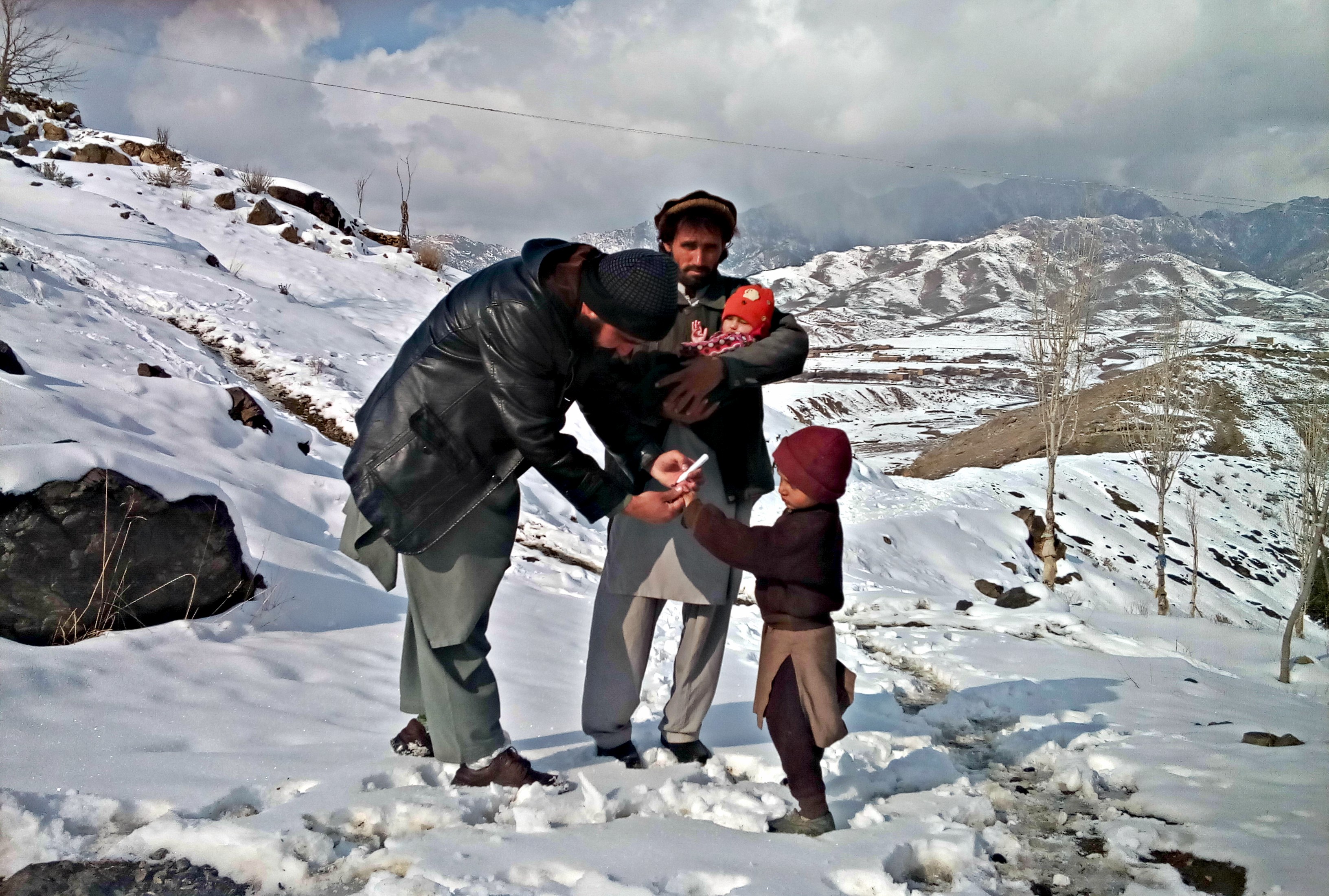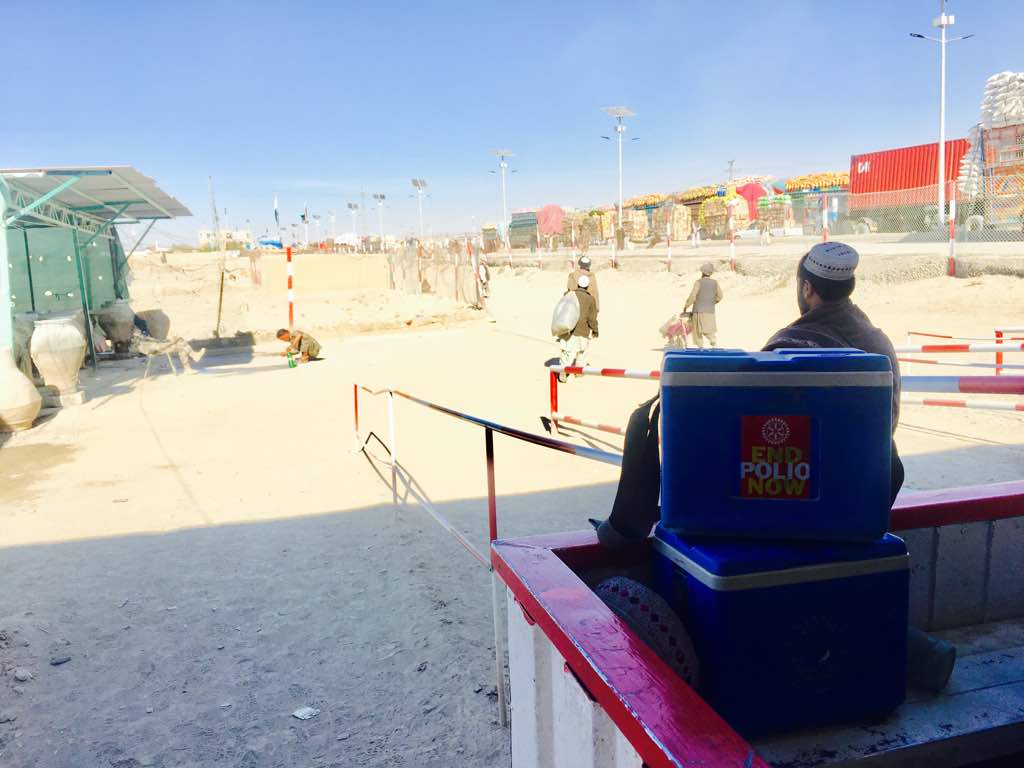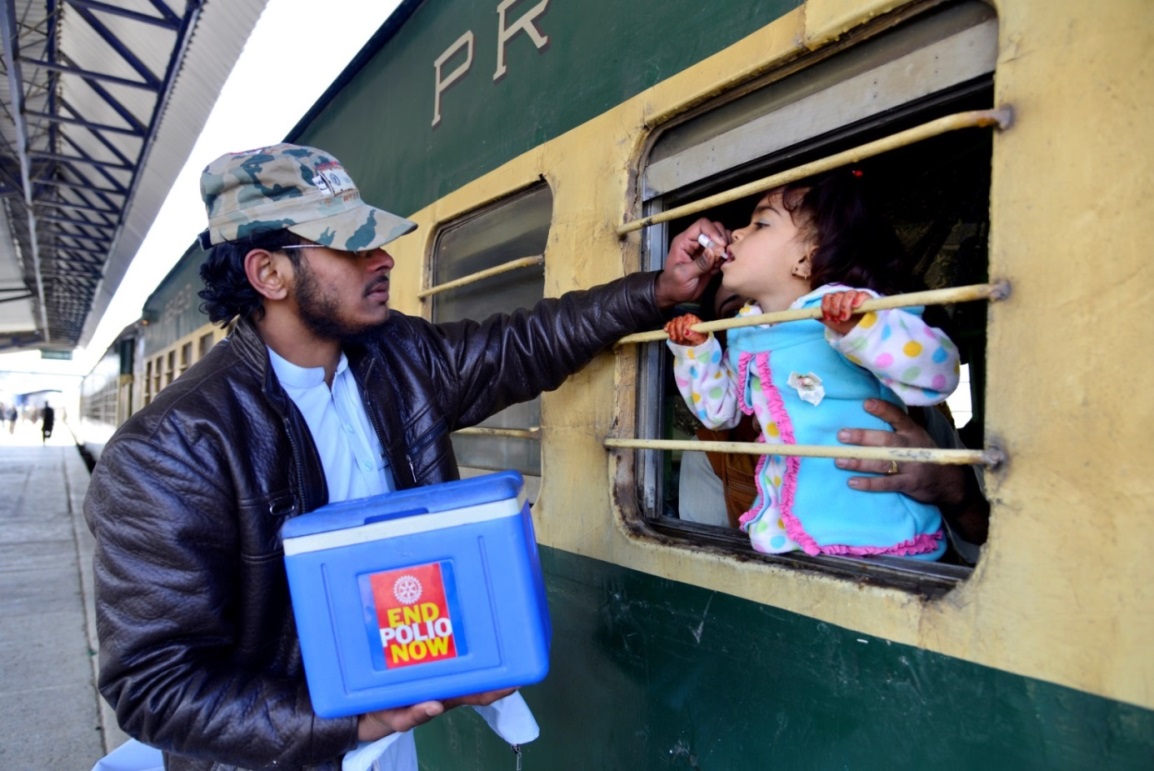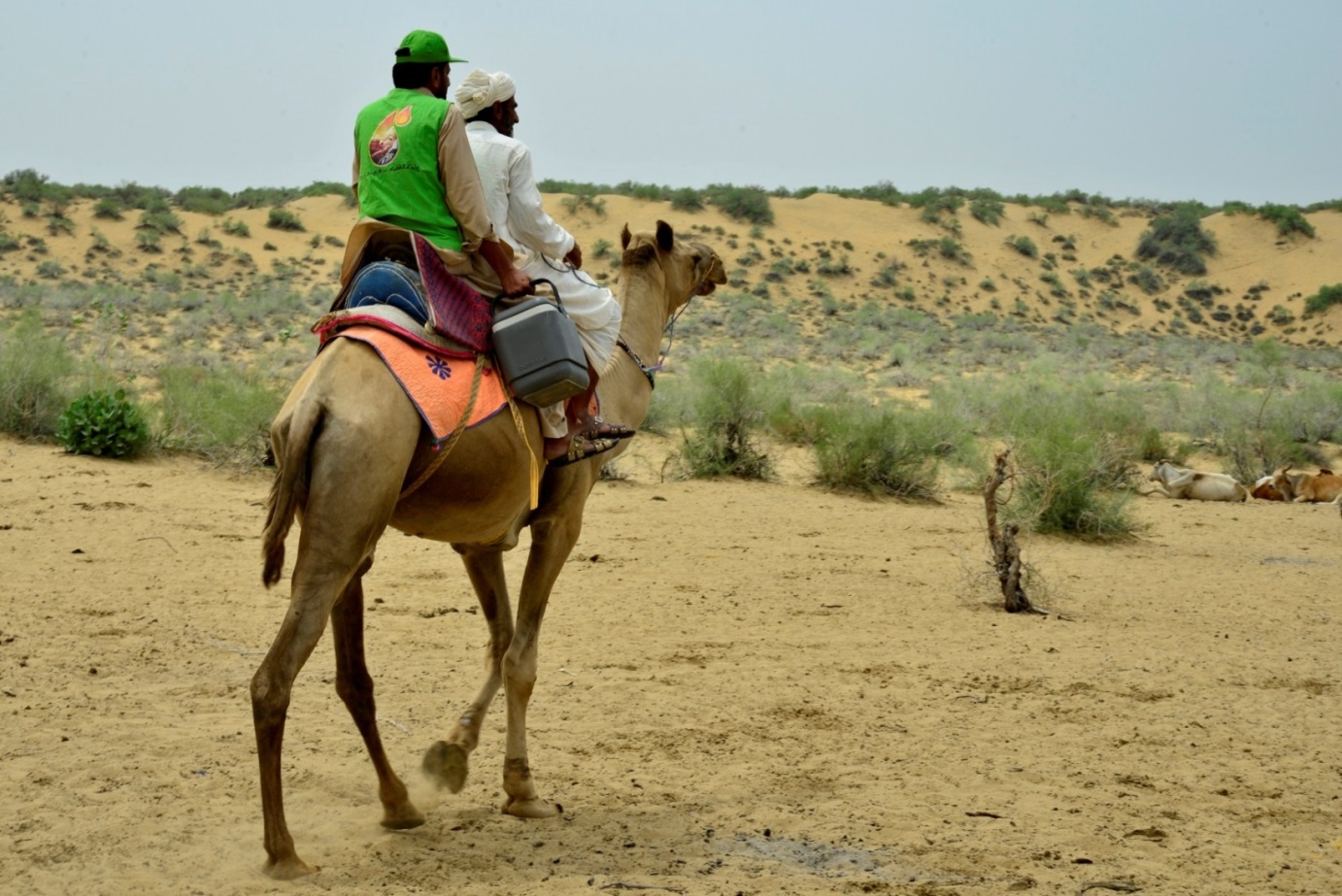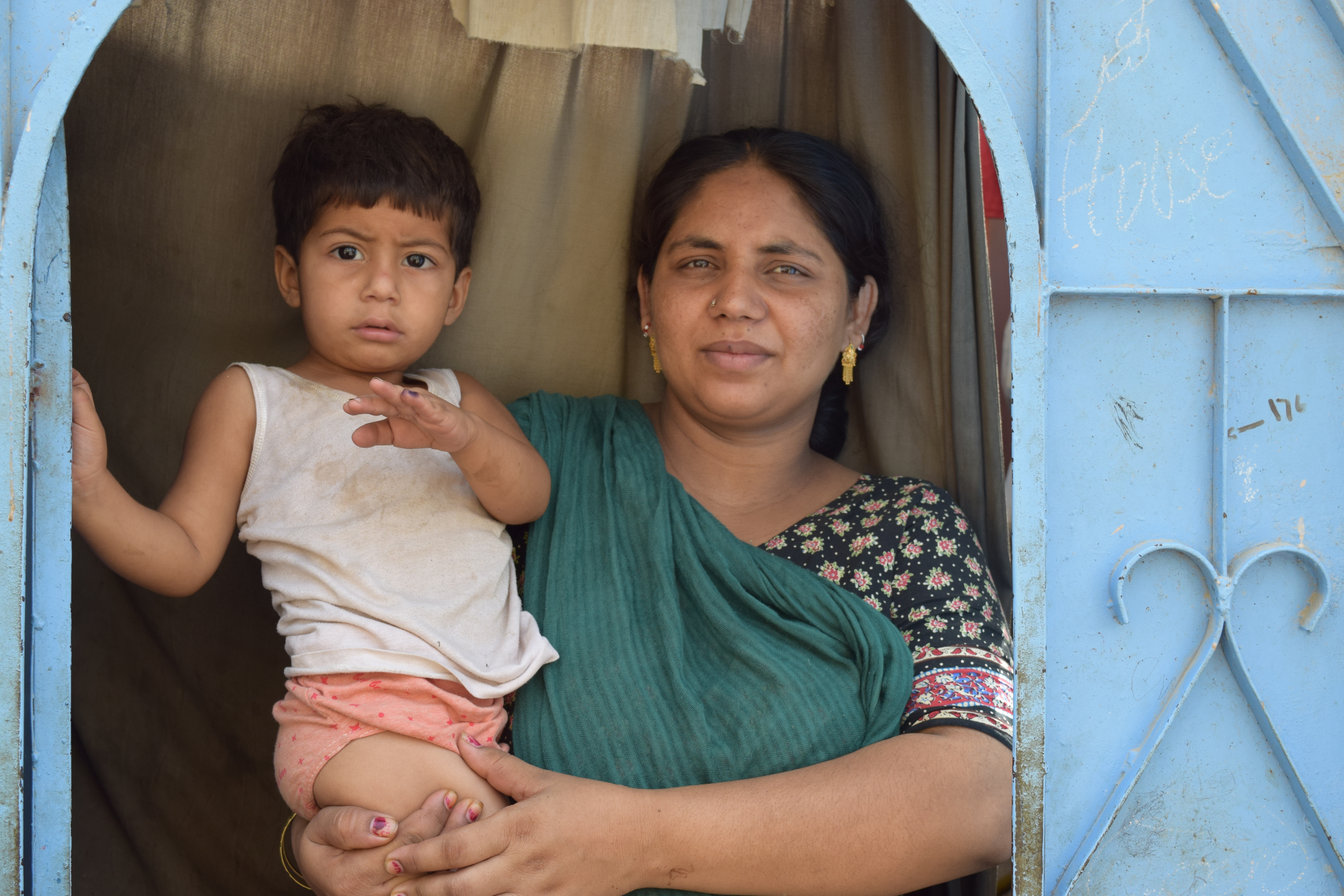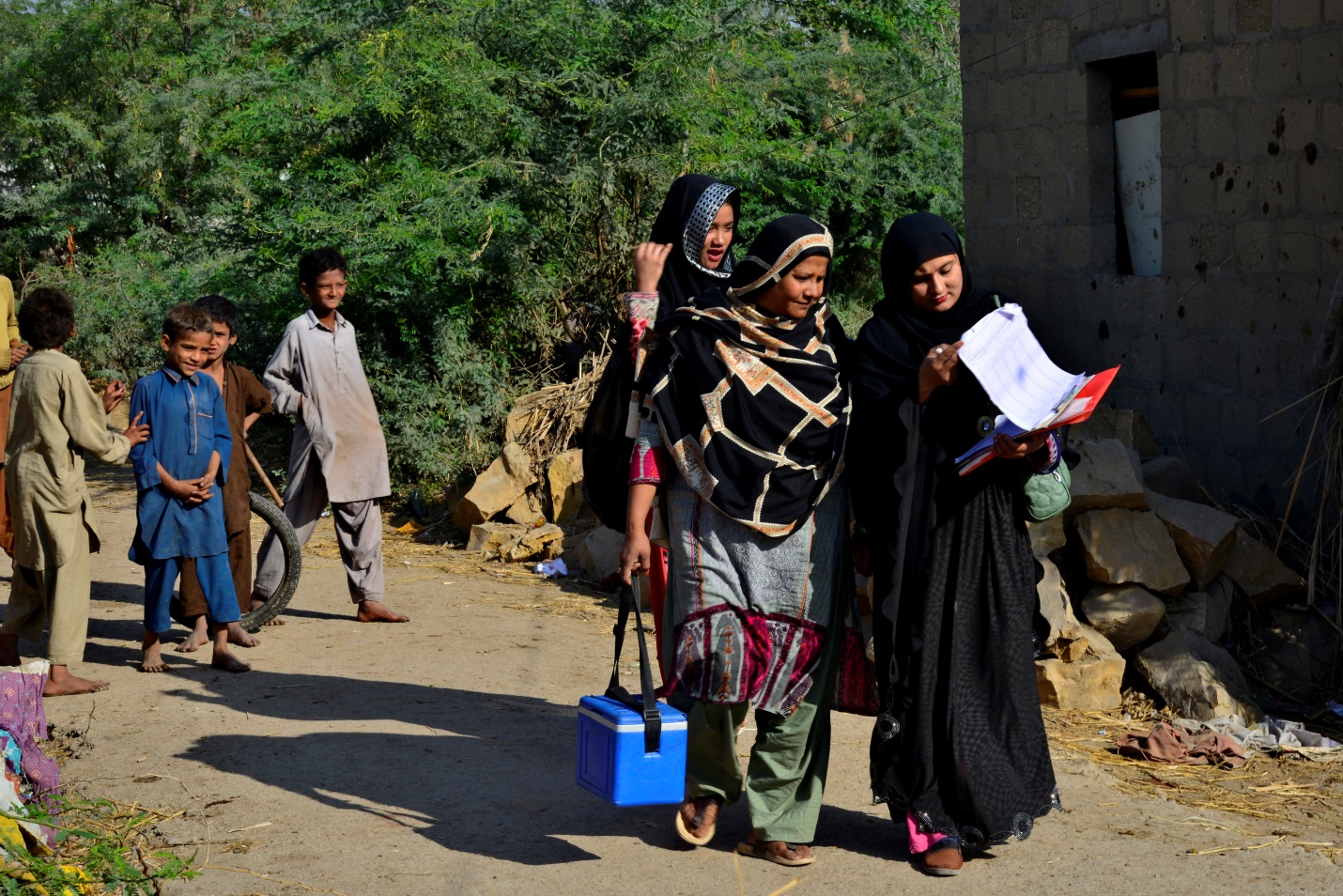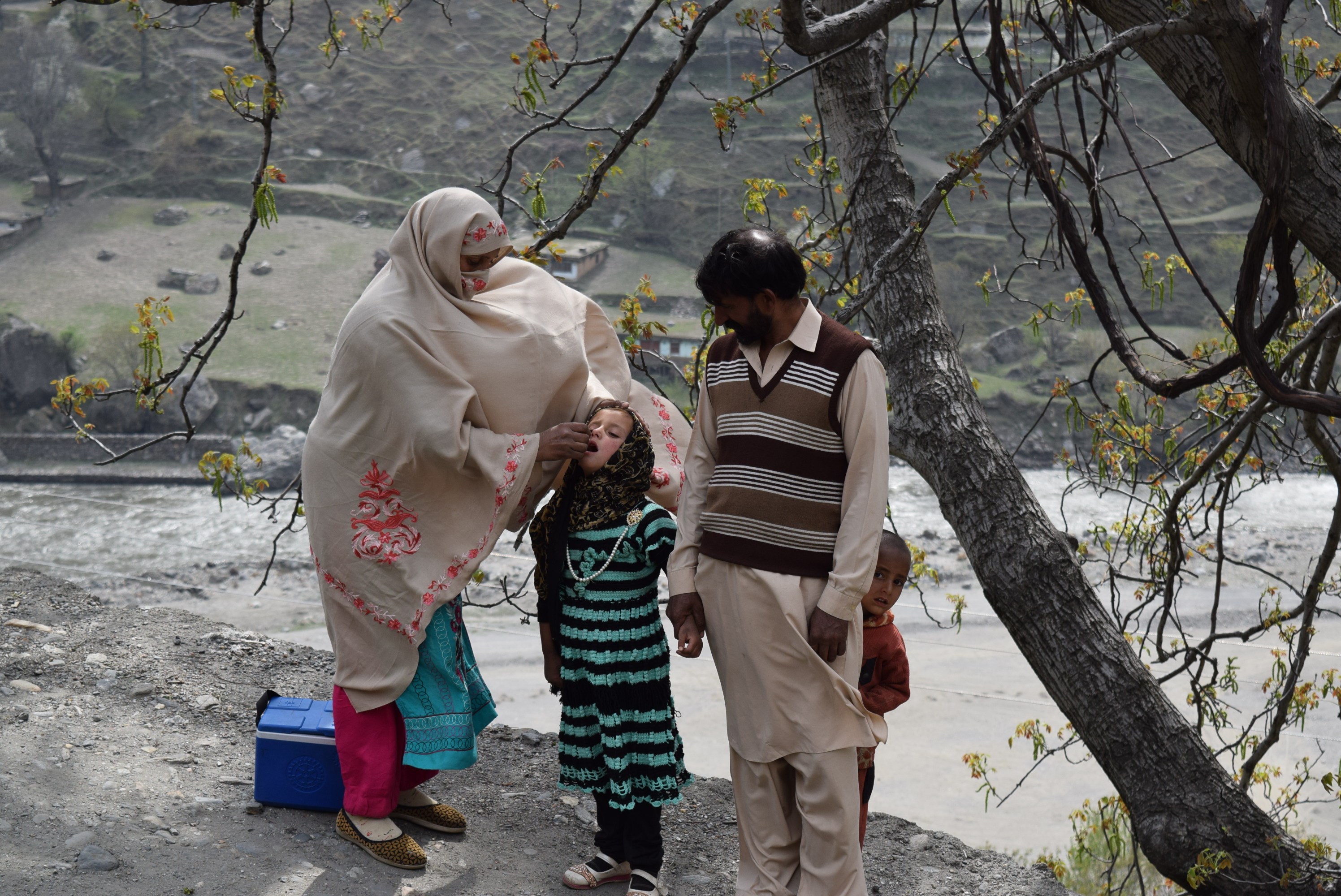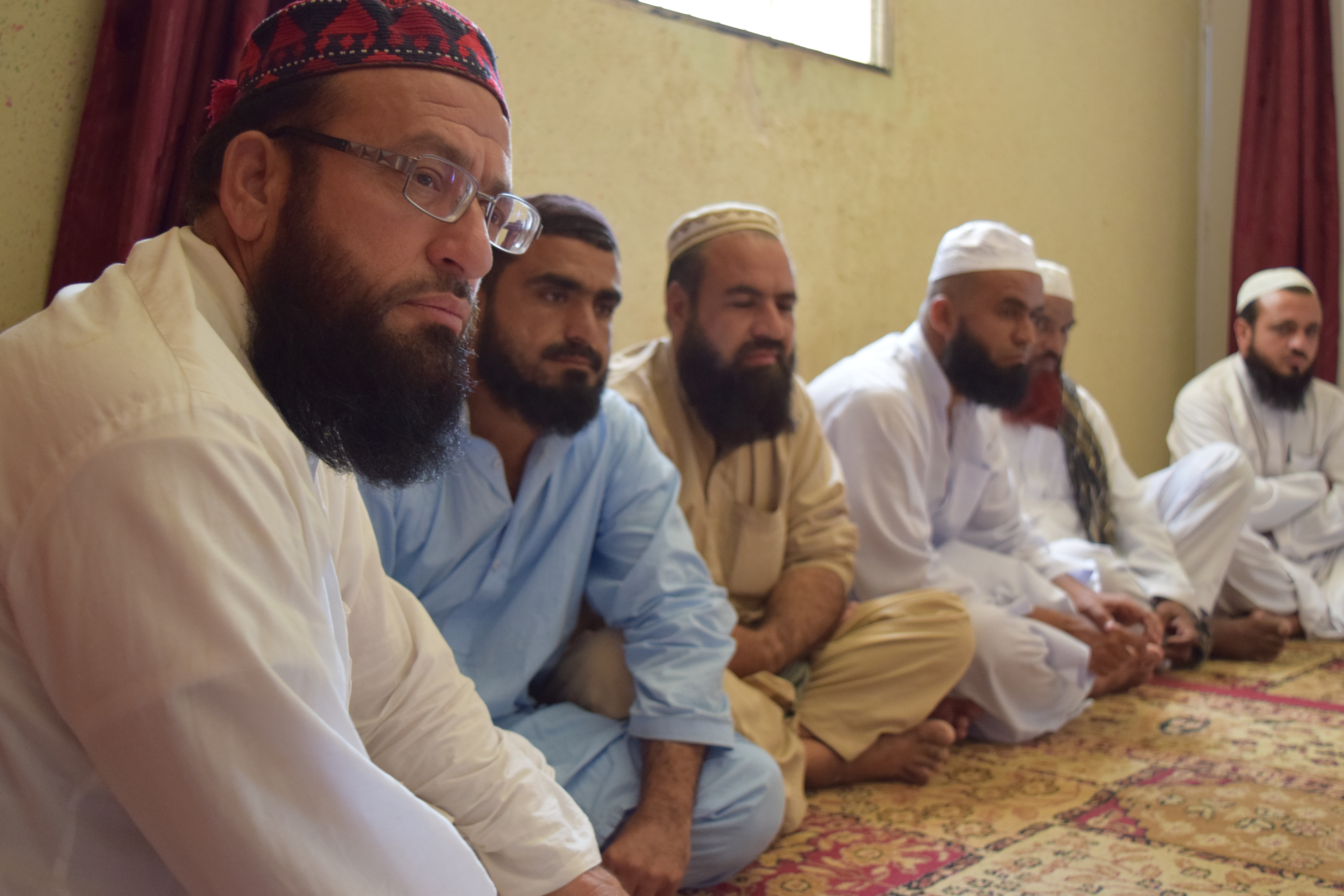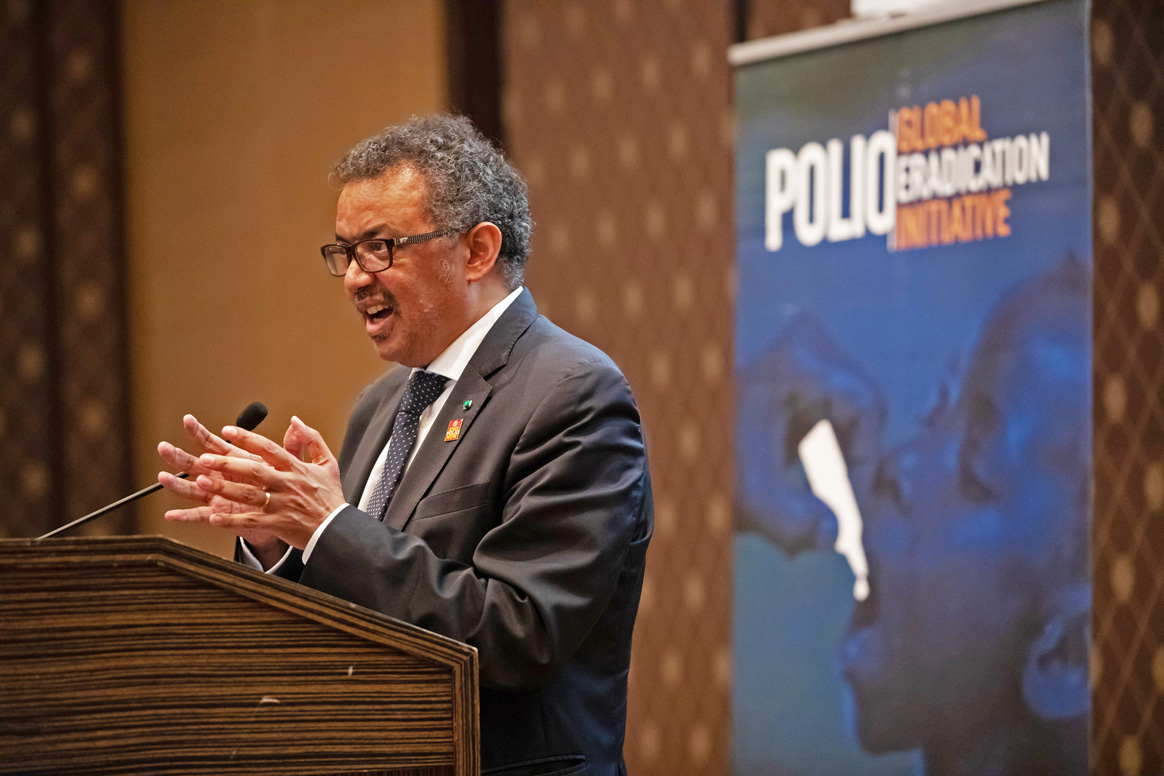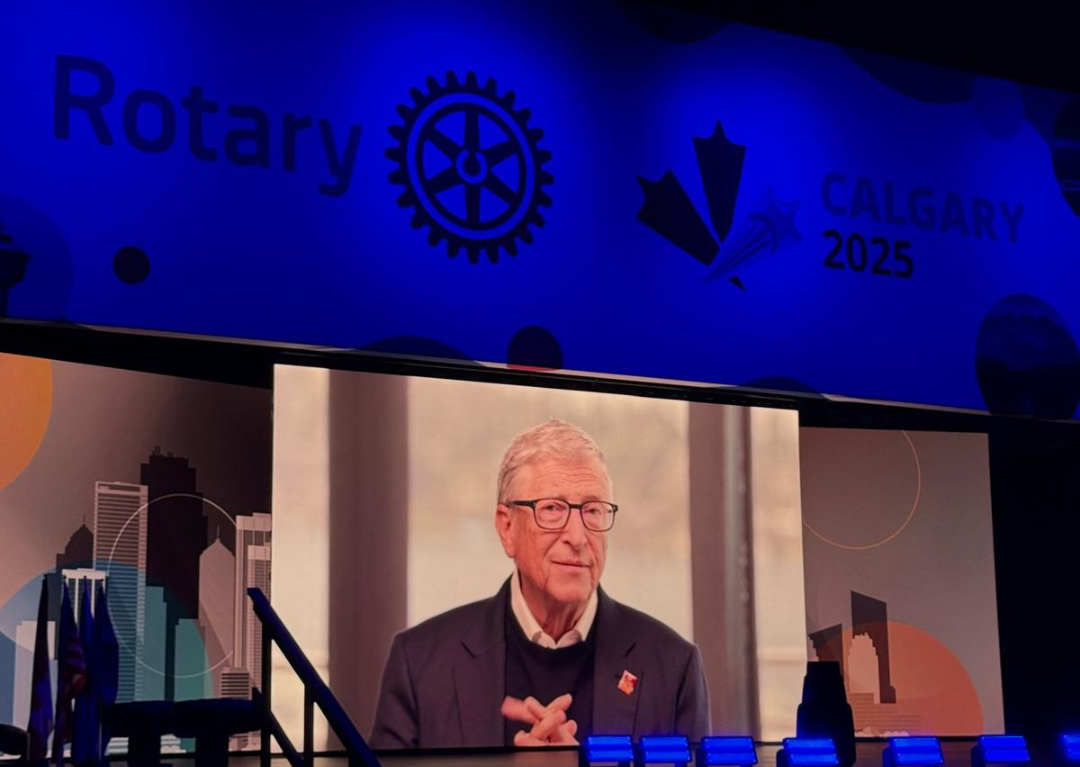Pakistan, one of the world’s last three polio endemic countries, is characterised by high population movements and hard-to-reach communities. Through this photo story, find out about the remarkable work being done by thousands of committed people to get polio vaccines to every last child, no matter where they live.
With a large number of refugees, internally displaced persons and nomadic communities in Pakistan, vaccinating children as they cross the border with Afghanistan is an essential strategy of the eradication programme. Both countries coordinate to manage the risks posed by the virus and to synchronize vaccination campaigns.
Around 350 permanent transit points have been set up along border areas to vaccinate children on the move. They operate year-round and provide millions of doses of vaccine to children who are away from home. Last year, more than 19.5 million children were vaccinated at permanent transit points in Pakistan.
Around 60% of the total population of Pakistan lives in rural areas where transport, infrastructure and basic facilities can be lacking. Tens of thousands of vaccinators work every day, in all weather conditions and across all terrains, to reach children in these villages with polio vaccines.
Communities and parents also play a vital role in making sure children are vaccinated. Less than 0.06% of parents refuse to vaccinate their children, which is the lowest refusal rate of any polio-affected country in the world.
Recruiting local, female social mobilizers and vaccinators has proven to be one of the most innovative solutions to respond to the challenge of reaching every child in Pakistan, making mothers more receptive to opening the door to a vaccinator. In high risk areas that are core reservoirs of poliovirus circulation, over 21 000 female volunteers are helping increase immunization rates and social mobilization amongst the hardest to reach communities.
Community-based vaccinators ensure comprehensive coverage and identify missed children in high-risk areas. With their commitment, the programme’s relentless focus on missed children in the most at-risk areas is consistently delivering the highest immunization coverage figures in the country’s history.
Influential religious leaders support efforts to eradicate polio through the National Islamic Advisory Group and provincial scholars’ taskforces. Religious support persons receive training on polio eradication and then approach families who refuse immunization and local opinion formers to correct religious misconceptions and facilitate the vaccination of persistently missed children. At the same time, efforts are made to create demand among communities for routine immunization.
